A Froebelian practice guidance paper:
The Complexity of Play in Networks of Development and Learning
This guidance paper foregrounds Froebelian practice-based research using one of the strands explored across three years by the Froebel Partnership. The complexity of play and its place in networks of developing learning is the focus of this paper. Although the idea that children learn through play is a much-promoted idea in generalist early childhood education, it is in reality complex and challenging to understand. Friedrich Froebel (1782-1851) was a pioneer in identifying the educational worth of play. These practice guidance notes give a specifically Froebelian lens through which to explore and understand the contribution of play to a child’s life within and beyond educational settings.
“Play helps children to relate to their inner worlds of feelings, ideas and lived experiences taking them to new levels of thinking, feeling, imagining and creating and is a resource for the future. ‘Children have ownership of their play. Froebelian education values the contribution of adults offering ‘freedom with guidance’ to enrich play as a learning context.” (Froebel Trust Principles).
“Play is the highest level of child development. It is the spontaneous expression of thought and feeling – an expression which inner life requires.” (Froebel in Lilley, 1967: 83).
“Play is never trivial; it is serious and deeply significant.” (Froebel in Lilley, 1967: 84).

Click here to view or download the full practice guidance paper.



